- makeITcircular 2024 content launched – Part of Maker Faire Rome 2024Posted 2 weeks ago
- Application For Maker Faire Rome 2024: Deadline June 20thPosted 2 months ago
- Building a 3D Digital Clock with ArduinoPosted 7 months ago
- Creating a controller for Minecraft with realistic body movements using ArduinoPosted 7 months ago
- Snowflake with ArduinoPosted 8 months ago
- Holographic Christmas TreePosted 8 months ago
- Segstick: Build Your Own Self-Balancing Vehicle in Just 2 Days with ArduinoPosted 8 months ago
- ZSWatch: An Open-Source Smartwatch Project Based on the Zephyr Operating SystemPosted 9 months ago
- What is IoT and which devices to usePosted 9 months ago
- Maker Faire Rome Unveils Thrilling “Padel Smash Future” Pavilion for Sports EnthusiastsPosted 10 months ago
The New Open Hardware Certification Program
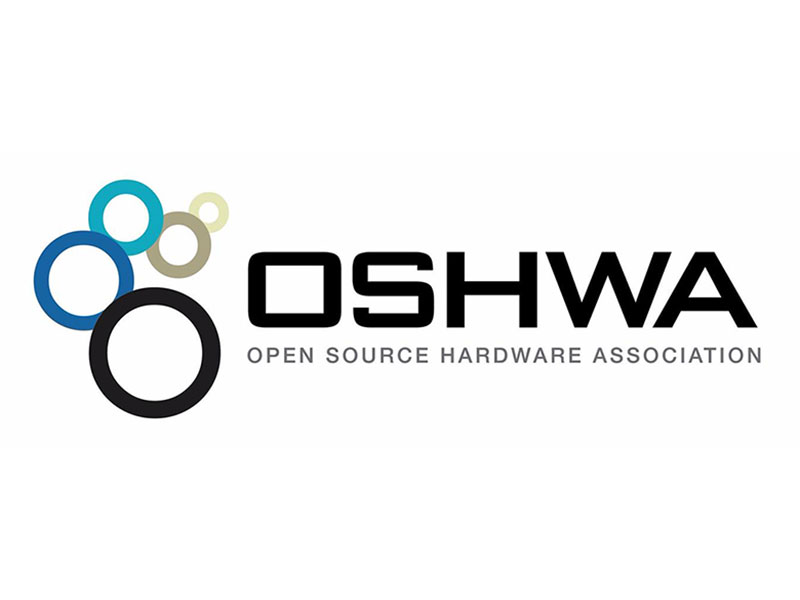
Few days ago at the Open Hardware Summit at MIT, OSHWA, the Open Source Hardware Association has announced a huge revision to the Open Hardware certification process. The goal here is to design a better platform for creating Open Hardware.
OSHWA Certification provides an easy and straightforward way for producers to indicate that their products meet a uniform and well-defined standard for open-source compliance.
While Open Source in the world of software is easily defined, it is effectively a hack of copyright law; all software is closed by default, and an Open Source software license is merely that; a license for anyone to use it, with the various restrictions and philosophical battles. Hardware, on the other hand, is big-O Open by default. The code used to program an FPGA is covered by copyright, but the circuit itself isn’t. The firmware on your Arduino project is covered by Open Source software licenses, but the physical implementation of your Fritzing picture isn’t.
For the first time, OSHWA is providing specific guidance on licensing. That guidance comes in two forms.
First, OSHWA recommends explicitly and individually licensing hardware, software, and documentation associated with a piece of certified hardware. This will bring true clarity to future users. The certification application now requires you to specify a license for each of these elements.
Second, OSHWA recommends specific licenses for each of those elements. These recommendations are not exclusive, and OSHWA is happy to consider adding additional licenses as they are developed or as the community requests. The recommended licences were chosen in an attempt to make it easy to pick a license that works for you. This process is further simplified by providing examples of existing certified hardware that use a given license. That means that users who are not sure which license to use can simply follow in the path of other hardware creators that they trust.
For further information you can visit OSHWA’s official announcement page.
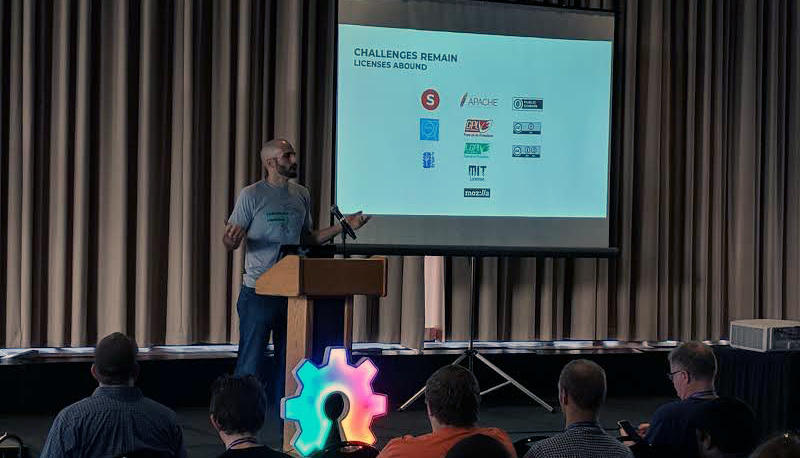


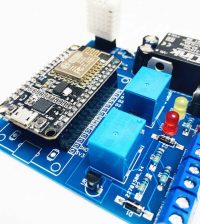
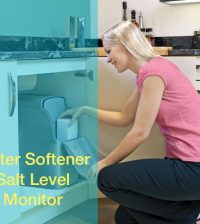
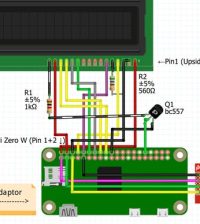
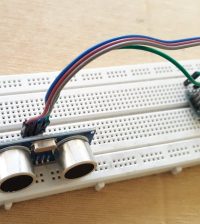










Pingback: Posts – Blog – main_admin_savilabs – Page 36217 – Savi-Labs